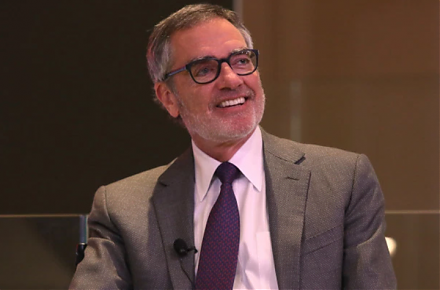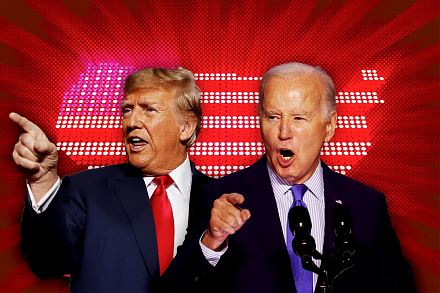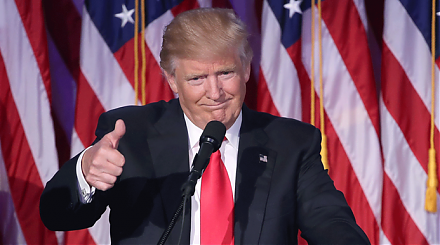

2019-08-28 14:46:00 Wed ET
treasury deficit debt employment inflation interest rate macrofinance fiscal stimulus economic growth fiscal budget public finance treasury bond treasury yield sovereign debt sovereign wealth fund tax cuts government expenditures
Santa-Barbara political economy professor Benjamin Cohen proposes new fiscal stimulus to complement the current low-interest-rate monetary policy. Cohen finds that global interest rates persist at low thresholds in the current decade. In OECD and several other economies, low interest rates cannot bounce back too far from the zero lower bound during the global financial crisis.
In Europe, Japan, and Switzerland, the risk-free interest rates fall below zero. In this context, most central banks have little room for new interest rate reductions as the global economy gradually moves toward the next recession. In response to the current Sino-U.S. trade truce and Brexit economic uncertainty, Cohen proposes new countercyclical fiscal stimulus as a key alternative policy instrument for global economic revival. This new fiscal stimulus can manifest in the generic form of tax credits, transfer payments, and public expenditures in health care, infrastructure, education, and technology. Nevertheless, Cohen adds the cautionary caveat that lawmakers may remain reluctant to increase core fiscal deficits on top of post-crisis national debt mountains. To the extent that legislators become wary of backlash in parliamentary elections, it is important for politicians and technocrats to strike a better balance between democratic accountability and elite interest entrenchment.
If any of our AYA Analytica financial health memos (FHM), blog posts, ebooks, newsletters, and notifications etc, or any other form of online content curation, involves potential copyright concerns, please feel free to contact us at service@ayafintech.network so that we can remove relevant content in response to any such request within a reasonable time frame.
2018-11-03 11:36:00 Saturday ET

Apple adds fresh features to its new iPad Pro and MacBook Air in addition to its prior suite of iPhone XS, iPhone XS Max, and iPhone XR back in September 20
2017-02-07 07:47:00 Tuesday ET

With prescient clairvoyance, Bill Gates predicted the recent sustainable rise of Netflix and Facebook during a Playboy interview back in 1994. He said th
2020-03-19 13:39:00 Thursday ET

The business legacy and sensitivity of Steve Jobs can transform smart mobile devices with Internet connectivity, music and video content curation, and digit
2024-03-19 03:35:58 Tuesday ET

U.S. presidential election: a re-match between Biden and Trump in November 2024 We delve into the 5 major economic themes of the U.S. presidential electi
2020-02-05 10:28:00 Wednesday ET

Our proprietary AYA fintech finbuzz essay shines light on the modern collection of business insights with executive annotations and personal reflections. Th
2017-01-03 03:26:00 Tuesday ET

President-Elect Donald Trump wants Apple and its tech peers to consider better and greater high-tech job creation in America. Apple has asked its primary